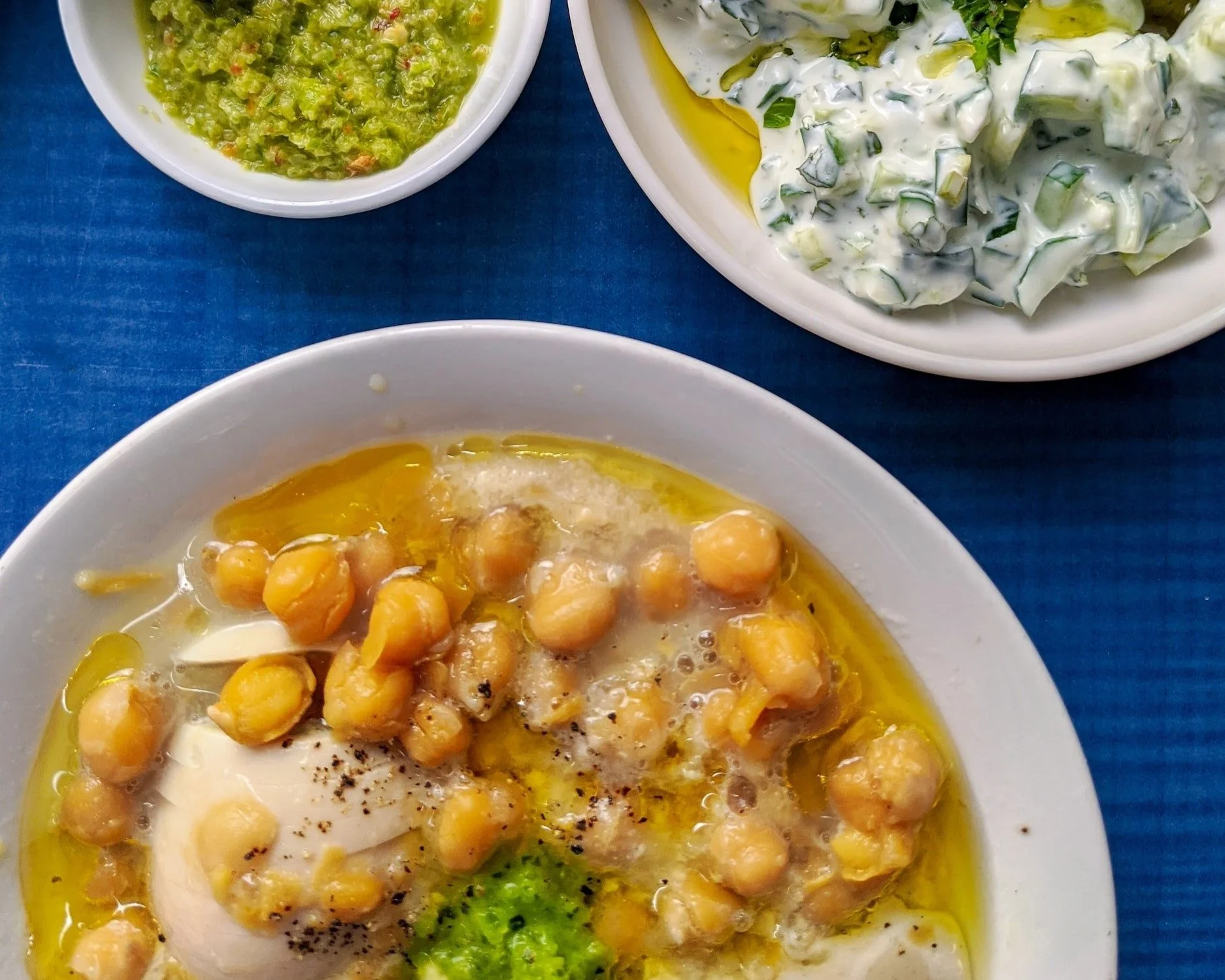The MIND Diet
Aim for 2 servings of fish per week.
What is the MIND diet?
The MIND diet stands for The Mediterranean-DASH Diet Intervention for Neurodegenerative Delay.
The Mediterranean and DASH diets are two approaches to healthy eating that have been found to be heart protective, lower your blood pressure and help to prevent chronic diseases like diabetes as an example.
These two eating patters were already seen to have some impact on protecting brain function with the idea that if we can protect your heart and blood vessels and keep them healthy, would that mean we can also keep your brain healthy too. These two diets were then studied further to see if they could slow and prevent cognitive decline and dementia.
Researchers came up with a score card to identify foods and nutrients, as well as serving sizes to see how much brain protection these foods can offer when eaten on a daily basis. Participants who ate the largest amounts of these foods had a significantly slower rate of cognitive decline or loss of brain function, compared to folks who ate the least amount of the protective foods and/or whom ate more of the unhealthy brain foods.
Why should air crew follow this dietary pattern?
The MIND diet is a healthy way of eating for anyone, of any age, who wants to improve their heart health while also decreasing their risk or progression of dementia. Even those study participants who didn’t follow the MIND diet exactly, but who were trying to keep it up, found improvements compared to those who really weren’t trying at all.
The improvements were still seen with the MIND diet in study participants even after looking at other factors associated with dementia such as high blood pressure, diabetes, depression, & obesity, supporting the outcome that the MIND diet really does help to preserve brain health and function as well as to improve your risk for heart health, diabetes and certain cancers.
Excitingly, the MIND Diet has been shown to help slow brain ageing by as much as 7.5 years!
What should I eat or cook to follow MIND diet?
High in vegetables - especially daily leafy greens (providing folate, Vitamin E)
Berries at least 2x a week (for their flavonoids)
Snack on nuts most days of the week (Vitamin E, micronutrients)
Add healthy fats daily (eg. Olive oil, nuts, fish)
Have fish weekly (great source of Omega 3 and healthy protein)
Plant proteins (nuts, beans, lentils, seeds) several times a week
Choosing whole grains over white/refined grains
Limit processed meats such as deli meats, cold cuts, bacon, sausages, breaded meats
Limit processed foods, fast foods, high sugar foods
Example of what a weekly intake for an average sized adult might look like:
- 3+ servings a day of whole grains
- 1+ serving a day of vegetables other than green leafy
- 6+ servings a week of green leafy vegetables
- 5+ servings a week of nuts &/or seeds
- 4+ meals a week of beans
- 2+ servings a week of berries
- 2+ meals a week of poultry (chicken, turkey)
- 1+ meal week of fish
- mainly olive oil for fat
Alcohol and the MIND diet
The impact of alcohol on health is very individual and complex. Each person has a unique response to it, processes it differently and has a different family history in regards to it and how much it impacts your risk factors.
Whether or not to include moderate amounts of alcohol is a personal decision that should be discussed with your healthcare provider. However, it is worth noting that alcohol despite being used to help with sleep, alcohol actually worsens it. It can also contribute to fatty liver, inflammation and impact many different systems within the body in addition to being unsafe for use during pregnancy.
For examples of recipes & daily menus that include that follows the MIND diet subscribe & stay tuned.
For more detailed info on the research studies and results see: www.hsph.harvard.edu/nutritionsource/healthy-weight/diet-reviews/mind-diet/




